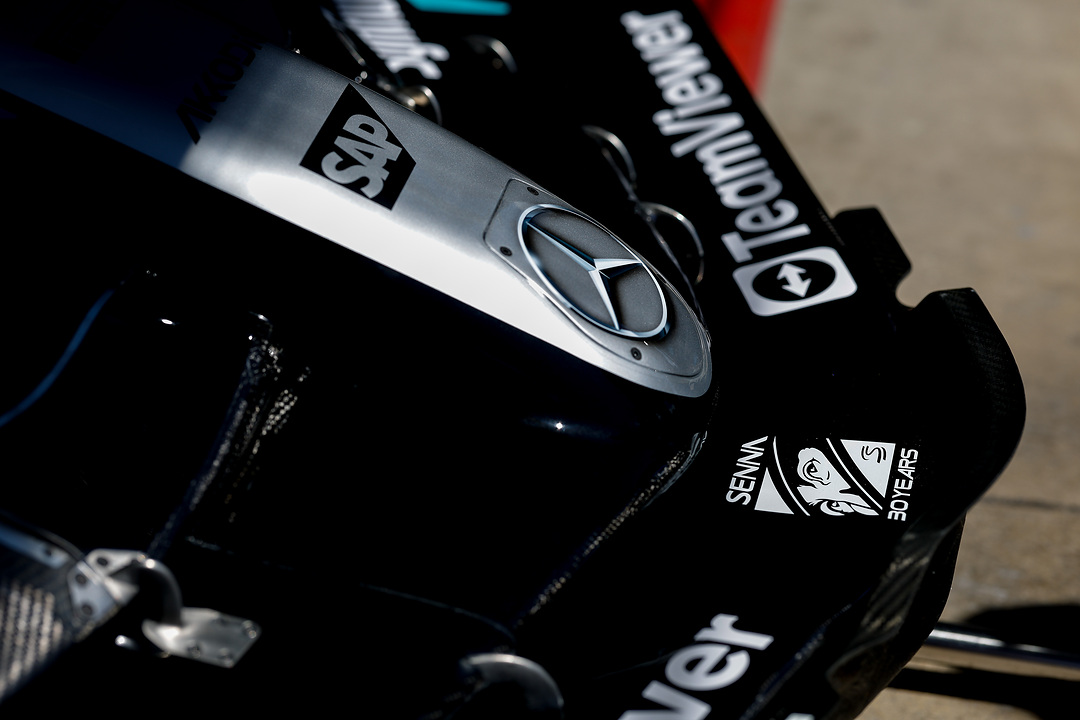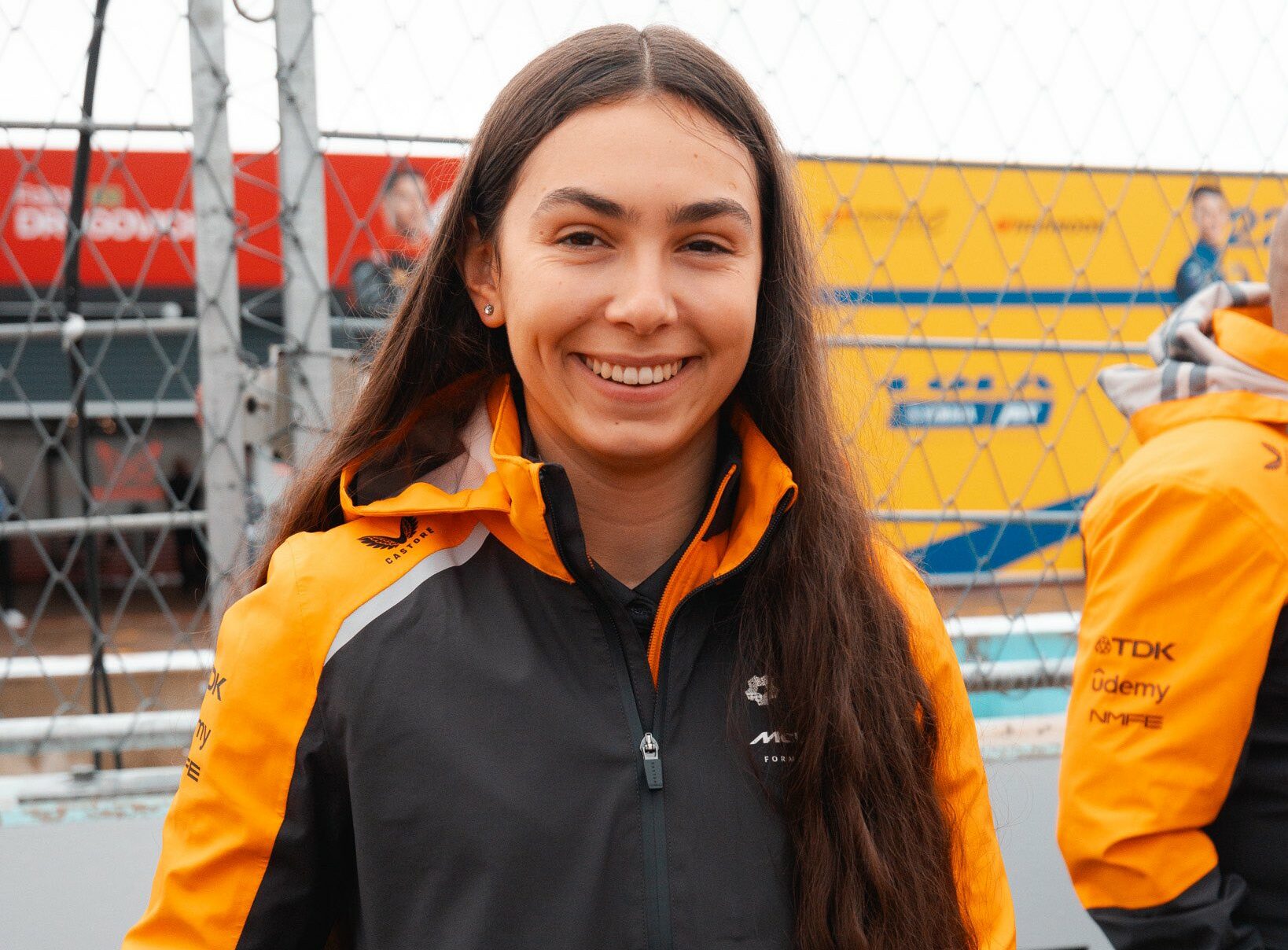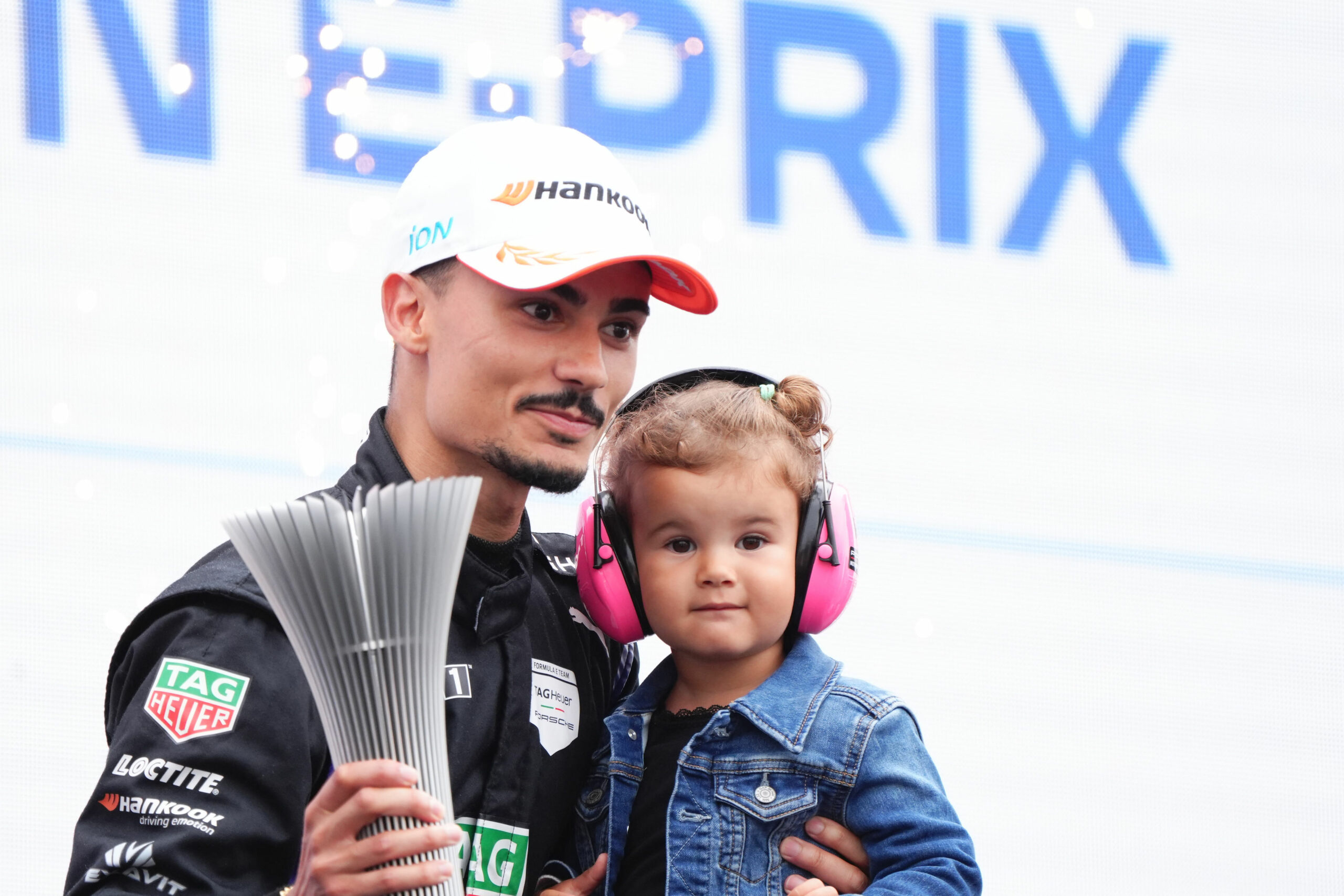Over the Miami Grand Prix weekend, Team Principal and CEO of Red Bull Racing, Christian Horner, responded to comments from Mercedes and McLaren which suggested that the team would be weakened by the departure of their Chief Technology Officer, Adrian Newey, with McLaren CEO Zak Brown stating that he believed that Newey “won’t be the last domino” to fall at the Milton Keynes-based team.
Newey, whose exit from Red Bull next February was confirmed on May 1, 2024, is widely considered as one of the greatest designers in Formula 1 history and has been credited as being a driving force behind Red Bull’s most recent success in Formula 1.
In response to these statements from Brown and Wolff, Horner claimed that the engine division at Red Bull Powertrains had recently recruited a significant number of people from both Mercedes and McLaren.
While he did not give a number for the number of people supposedly recruited from Brown’s team, he did state that approximately 220 people had been recruited from the Brixworth-based Mercedes High Performance Powertrains.
The Red Bull team principal added his belief that Mercedes should be more focused on the loss of their 220 employees to Red Bull, rather than on the “one or two CVs” that they had received.
“I don’t know how many people we or RB have employed from McLaren this year. Mercedes, we have taken 220 people out of HPP into Red Bull Powertrains.
“So, when we are talking about losing people, I would be a bit more worried about the 220 than maybe one or two CVs.”
These numbers were strongly disputed by Toto Wolff who claimed that the actual figure was less than a tenth of what Horner had claimed. Speaking following the Imola GP, Wolff, Team Principal and CEO of the Mercedes-AMG Petronas F1 Team, stated that only 19 engineers had left the Brixworth factory, and attributed this to being associated with the “natural fluctuation” of team personnel.
“You have got to work on the maths – 19 engineers.
“Whatever those numbers are, there are natural fluctuations that come and go, which is completely normal.”
There is an extremely competitive job market for engine experts in Formula 1 ahead of the 2026 season. This has been attributed to the regulation changes set to take effect in this season.
These changes, though controversial, will require that teams and manufacturers place a greater emphasis on the hybrid component of the power unit, and aim to significantly reduce costs and improve sustainability within the sport.
The increased competitiveness of the job market has also been attributed to the increase in the number of engine manufacturers, with both Red Bull and Audi indicating their desire to develop and use their own engines from the 2026 season.
Following large recruitment drives by both of the aforementioned teams, Wolff was asked about the competitiveness of his own, and was adamant in his belief that Mercedes was in a good position to continue being one of the top engine manufacturers in Formula 1.
He praised the team at Brixworth, highlighting its “top” leadership and stating that he did not wish for any changes in its setup or personnel.
“We have an engine department which is as good as it can be with a top leadership.
“There is not a millimetre that I wish would be different in terms of organisational set-up, in terms of the people that work there that I am lucky to interact with. It is just a perfect organisation, and you can see they are delivering, and they have delivered for a long time.”
Wolff added his opinion that Mercedes had been the “benchmark” for Formula 1 engines since 2014 and indicated his excitement for 2026.
“Since 2014, we have been pretty much the benchmark, or with another engine maybe, the benchmark. That hasn’t changed.
“I really can’t wait for 2026 to come and see the different levels of performance of the power units.”





